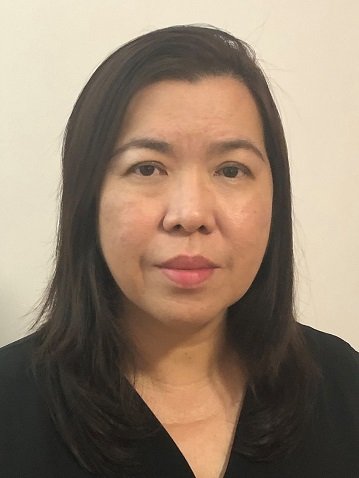
Photo: Poh Hwee Tee, Board of Directors, SAPI; MD at Novartis Singapore
The pharmaceutical sector is a strong pillar in Singapore’s economy, contributing to around 3% of Singapore’s GDP. The constantly evolving sector is reported to have produced around S$17 billion worth of products for global markets in 2017. Singapore is becoming a global center for the pharmaceutical industry with impressive economic growth and demographic transformation. Industry 4.0 trend is embracing technological advancements like robotics, automation, and digitalization to accelerate drug manufacturing activities. With COVID 19, Singapore is focusing on domestic manufacturing in addition to research and innovation. Ms Poh Hwee Tee, Director, Board of Directors, Singapore Association of Pharmaceutical Industries (SAPI) who also serves as Managing Director at Novartis focusing on Singapore and Asian Emerging Markets shares more about the emerging and competitive Singapore pharma landscape amidst the pandemic.
Typically, a country with a small domestic market size like Singapore will face challenges in attracting investors to invest in the country’s pharmaceutical market.
Contrary to all expectations, Singapore has managed to create an opportunity to be the center of excellence for the pharmaceutical industry. From manufacturing, research, and development to commercial operations, Singapore is the region’s leading biomedical sciences cluster for companies to serve the needs of the regional market and beyond.[1]
Singapore’s success can be attributed to the country’s purposeful investment in innovation and its well-established healthcare infrastructure. The market has high efficiency of adoption for new drugs and therapies, making it very attractive for pharmaceuticals to pilot their new products in Singapore.
As a country at the forefront of innovation, Singapore must continue to be first-in-market to tap on the opportunities to develop technologies in healthcare that will transform the pharmaceutical market landscape.
Since 1986, Novartis has worked continuously to be Singapore’s trusted partner in changing the practice of medicine. We are constantly looking for new ways to improve and extend people's lives.
One of the areas that we are looking to explore in the Singapore pharmaceutical market is to power breakthrough innovation in cell and gene therapy. Currently, there are three key focus areas for the development of transformative cell and gene therapies at Novartis: AAV-based therapies, CAR-T cell therapies, and CRISPR-based technologies. These technologies can produce breakthroughs and address major unmet needs for patients in the fields of neurology, hematology, ophthalmology, and oncology.
Beyond the pharmaceutical market, we are also keen to explore the use of digital innovation to transform healthcare in Singapore. As a leading global healthcare company powered by advanced therapy platforms and data science, Novartis has kicked-off an ambitious digital transformation to embed cutting-edge digital technologies and data science into all parts of its business.[2]
In Singapore, we are investing in these new technologies and working closely with industry partners to pilot projects that explore the use of technology in Singapore’s healthcare system. These pilot projects explore how we can improve the patient journey – including the prevention, diagnosis, and monitoring of treatments in the areas of heart failure, rheumatology, and ophthalmology.
An example of such a pilot project is Novartis’ collaboration with one Singapore-based digital therapeutics company. Combining medical-grade wearables and artificial intelligence, the project aims to support healthcare professionals in monitoring heart failure remotely.[3]
At Novartis, we believe that powerful opportunities exist when you combine pure science with data science and digital technology.
I think there are still uncertainties to accurately forecast the movement of Singapore’s pharmaceutical market in the post-COVID world. Both the private and the public sectors in the pharmaceutical market have been impacted by the pandemic. The speed of recovery for the market is heavily dependent on the easing of the COVID-19 restrictions.
In Singapore, we are fortunate to have been able to control the pandemic very well and kept the infection rates low, thereby allowing patients to gradually return to hospitals for their treatment. While this has contributed to a gradual recovery of the public segment of the pharmaceutical market, it will take a while more before it can go back to pre-COVID levels of activity.
However, the uncertainty remains for the private sector, which contributes about 30% of the Singapore pharmaceutical market. The sales of pharmaceuticals in the private sector are more dependent on foreign patients receiving treatment locally. The recovery of the sector is still heavily dependent on the border’s movement restrictions.
[1] Singapore PharmaBio Guide 2019/2020. Accessed via:
https://vcf.mycareersfuture.sg/resources/content/0b87b993ce809dddd521c3088c3c4bcf.pdf
[2] A Powerful Pairing. Novartis (2020). Accessed via: https://www.novartis.com/sites/www.novartis.com/files/the-powerful-pairing.pdf
[3] Reimagining Asia's response to COVID-19. Nikkei Asia Review. Accessed via: https://asia.nikkei.com/Opinion/Reimagining-Asia-s-response-toCOVID-19




